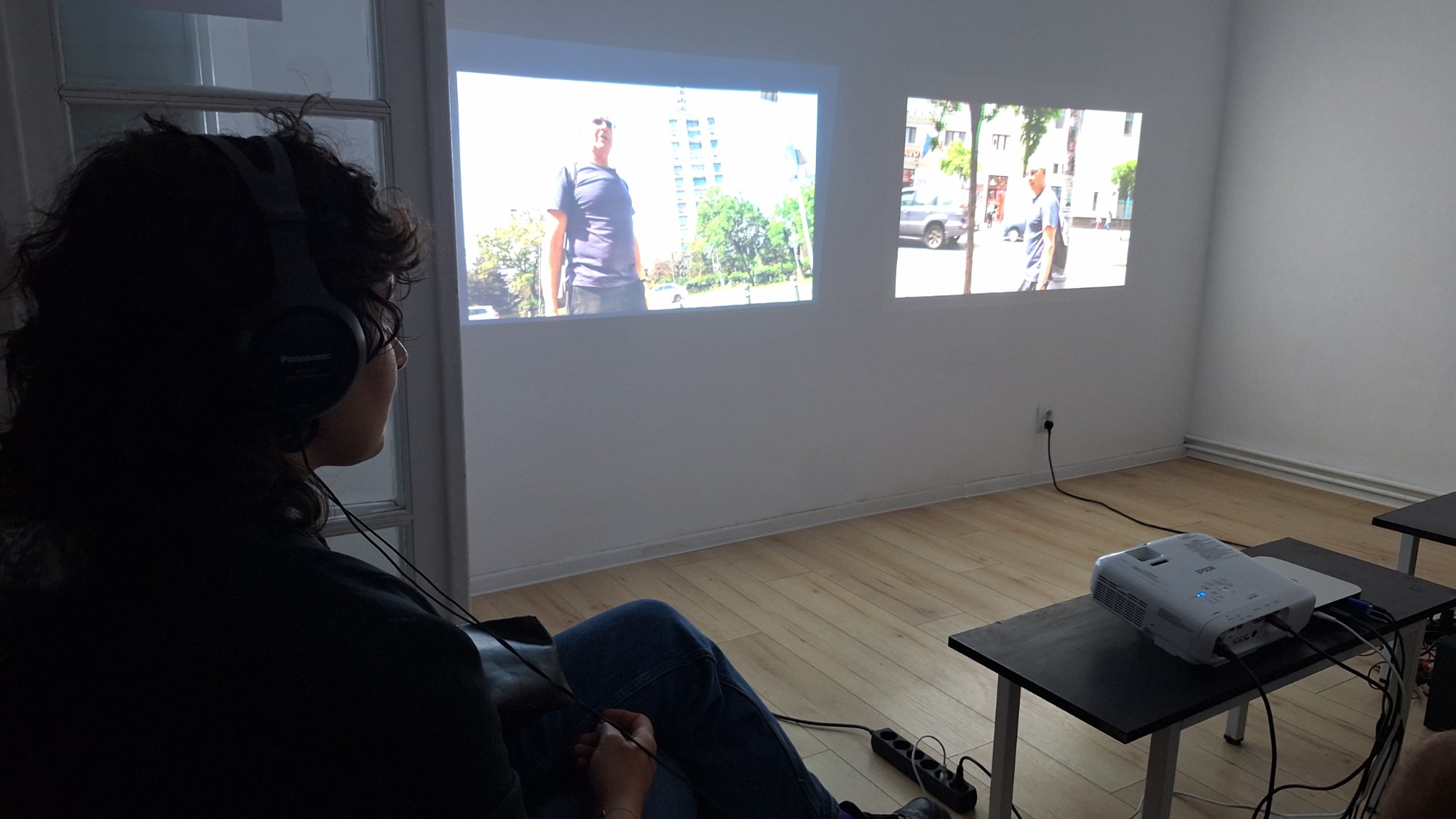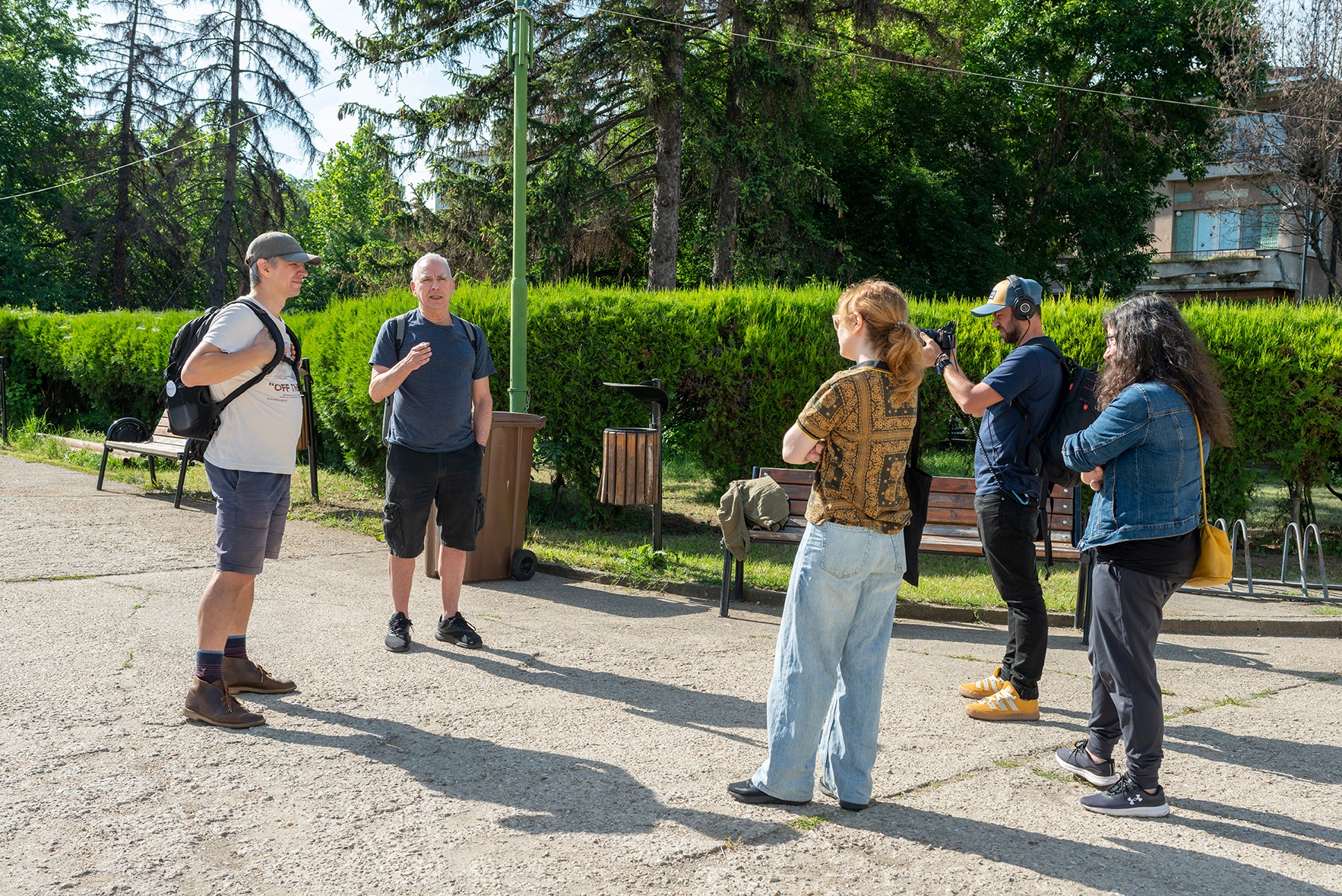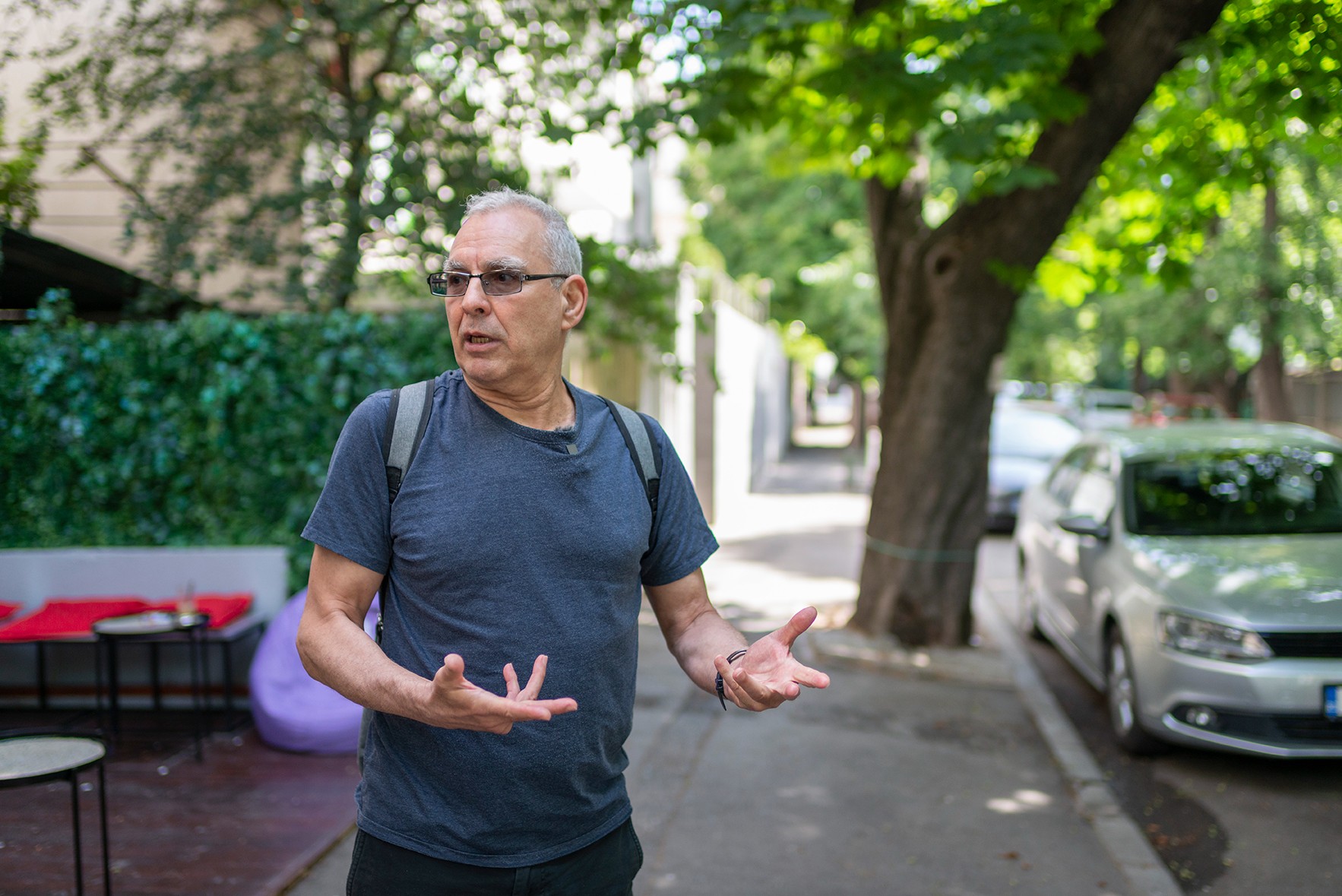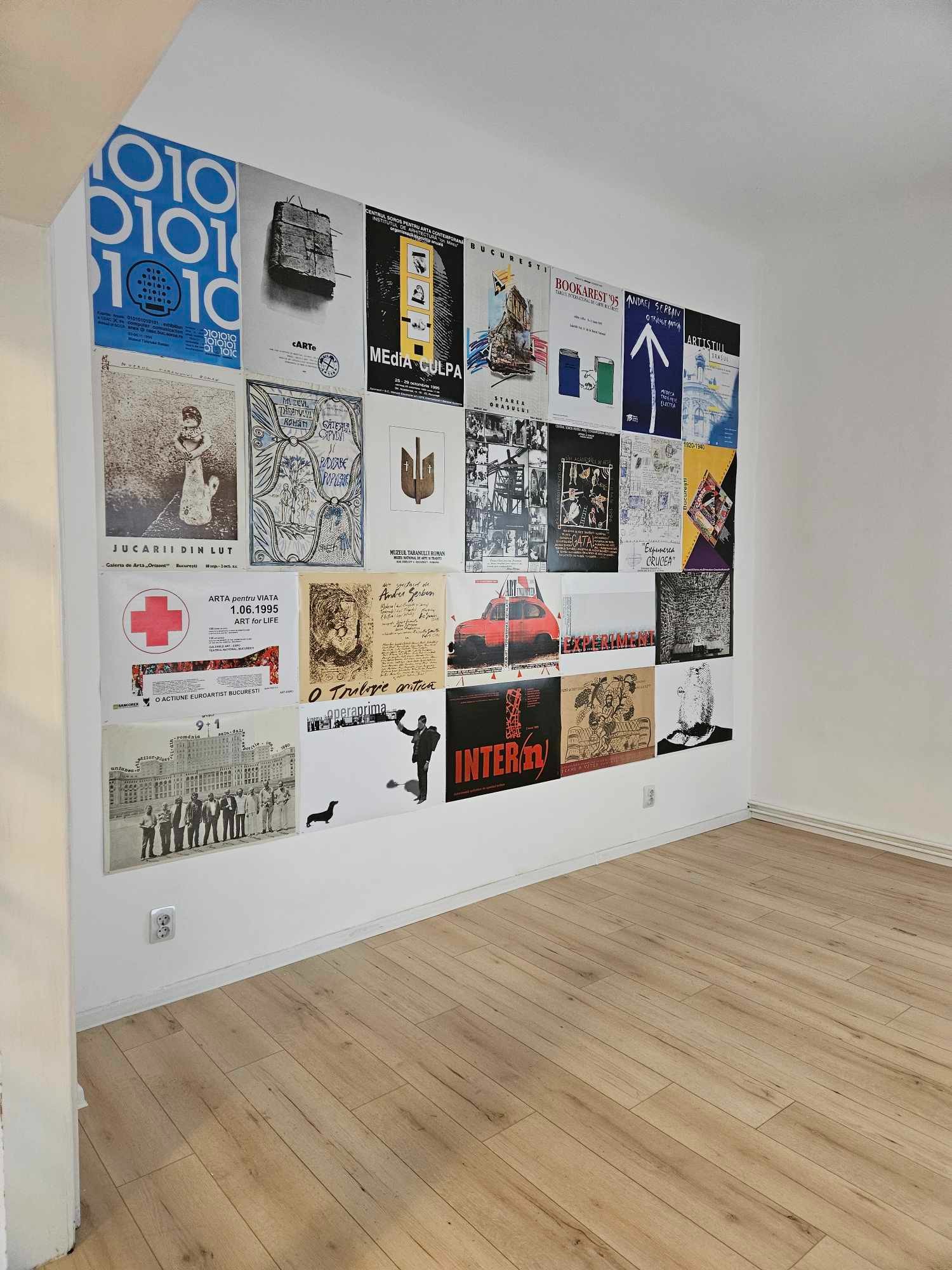Tell us about institutul prezentului.
IP — The Institute of the Present is a research and an artist resource platform in the field of visual and performing culture. Centred on artists and their personal accounts, time-specific encounters and means of (self-)archiving, the Institute looks at various practices and situations from the recent past until today from a transnational and transcultural perspective. Aiming to record artistic facts, events, objects and situations that have defined the history of visual and performing arts in Romania starting from the late 1960s until today, IP has adopted a systematic, though non-linear, approach. The Institute aspires to shift the reading perspective of the artists’ visual and performing vocabulary from within the context that generated it, in order to bring to the foreground the production practices, the transnational relations and the accounts that have been suppressed or have remained invisible. Launched in Bucharest in 2017 by Ștefania Ferchedău and Alina Șerban, the Institute of the Present brings together visual and performing culture professionals who share the same vision and references and the same interest in research, striving to achieve a structured, imaginative and participatory exchange between the various artistic disciplines and communities. Images: 1 & 2 Cristian Raduta at IP - This is Not a Space 3 & 4 Ana Maria Micu at IP - This is Not a Space
What do you have upcoming?
The Institute of the Present has recently opened to the public for viewing an ongoing research project dedicated to “The Romanian Poster in the 90s.” The project proposes an archival path dedicated to the evolution of the cultural and artistic scene in Romania after 1989 from the perspective of the type of visual communication and message disseminated through the poster. The research undertaken in various institutional and private archives presents a series of posters made in the 1990s (mainly by visual artists), joining them in the format of a documentary exhibition in the space of The Institute of the Present in Bucharest, offering visitors the opportunity to observe the dynamics of the cultural field in those years, the varied ensemble of concerns and artistic or curatorial directions. Continuing the ongoing research dedicated by the Institute to the decade of the 1990s, “The Romanian Poster in the 90s” project features an upcoming series of interventions in the Erou Ion Călin 19 space, as follows: - November 14, 17:00-22:00, “Orientation Exercises,” video work by Mihai Iepure-Górski and Răzvan Anton (2024). A different kind of guided tour of Bucharest, in an incursion together with Andrei Ursu in the places and stormy history of December 89 and the 90s. Screening with English subtitles. - November 28, 19:00-21:00, live sound intervention by Maria Balabaș, who proposes a virtual soundwalk in the “Performing 89. States of Dissilusion” exhibition (Timișoara, 2023), dedicated to the complex interactions and connections between art and society during the 1990s in Romania, Hungary and Serbia. While visiting “Performing 89”, the artist wanted to imprint the atmosphere of the exhibition more deeply in her memory, to reflect through sound to the messages of the artists, and to record this moment of the reconnection with an affective and somewhat renegade space of the 90s. - December 4, 17:00-21:00, “Flying Radio”, by Dan Mihălțianu. A project on the capacity of the radio broadcast to elevate the spirits, influence the course of history and transcend space and time. The radio receiver “Carmen”, produced by the Electronica Company, Bucharest, was used during the events of December 1989 in Romania that led to the overthrow of the Ceaușescu regime. A selection of 30 minutes of live audio recordings from the Romanian Radio-Television, made by the artist between December 21-26, 1989, are heard in loop from the loudspeaker of the device, reviving the dramatic moments of that time. “The Romanian Poster in the 90s.” Sources/Archives: National Museum of Contemporary Art, Bucharest; The Image Archive of the National Peasant Museum, Bucharest; kinema ikon/ Călin Man; Adriana Popescu’s archive and the National Theatre Bucharest archive; Galeria Plan B; Dan Mihălţianu, Dan Perjovschi. An Institute of the Present project, by Alina Șerban and Ștefania Ferchedău. Cultural project co-funded by AFCN.



